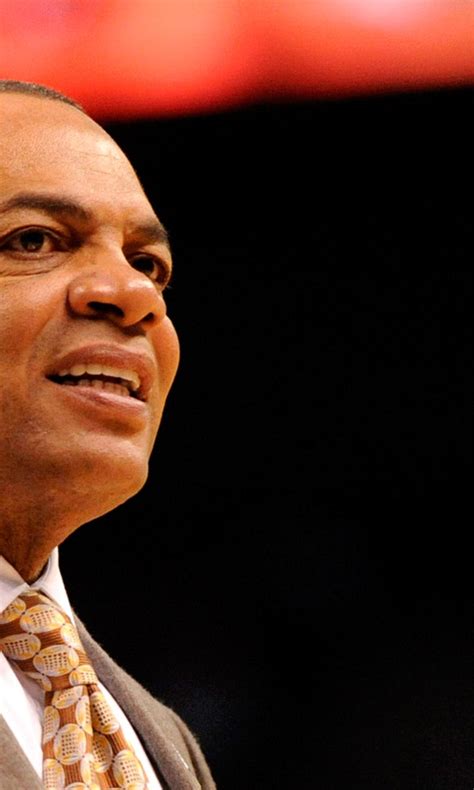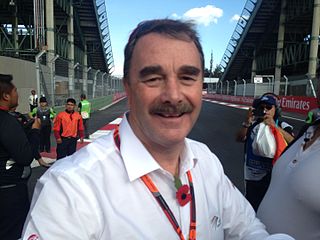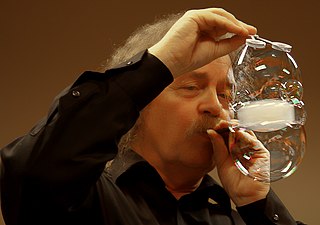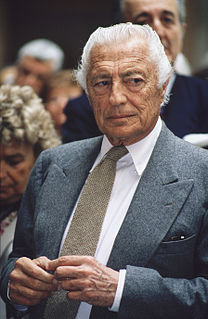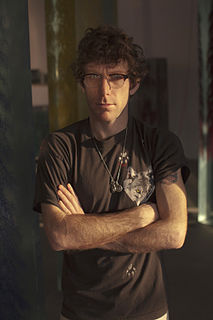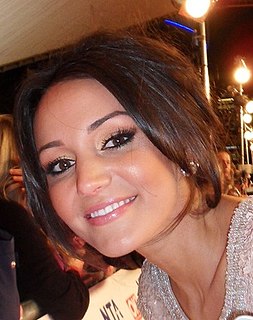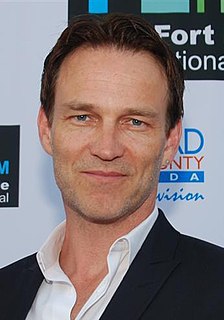A Quote by Lore Segal
First book was handwritten, then the printing press, now we've got our Kindles. To be able to push a button and a dictionary comes up. And then, at my age, that I can make the letters any size I want, and that I can carry all of William Shakespeare, all of Gogol, all of Franz Kafka in my handbag? You've got to love it.
Related Quotes
Our planning system was dynamite when we first put it in. The thinking was fresh; the form mattered little. It was idea oriented. We then hired a head of planning, and he hired two vice presidents, and then he hired a planner; and the books got thicker, and the printing more sophisticated, and the covers got harder, and the drawings got better.
I did a lot of musicals when I was young and finally went to drama school to try and get away from doing musicals... and of course the first thing that happened when I got out is I got offered a musical. And then when I got to the Royal Shakespeare Company, which was my next job, I ended up doing a bloody musical!
I went to a Jesuit school and they did a William Shakespeare play every year. I got to know Shakespeare as parts I wanted to play. I missed out on playing Ophelia - it was an all-boys school. The younger boys used to play the girls, I played Lady Anne in Richard III and Lady Macbeth, then Richard II and Malvolio. I just became a complete Shakespeare nut, really.

